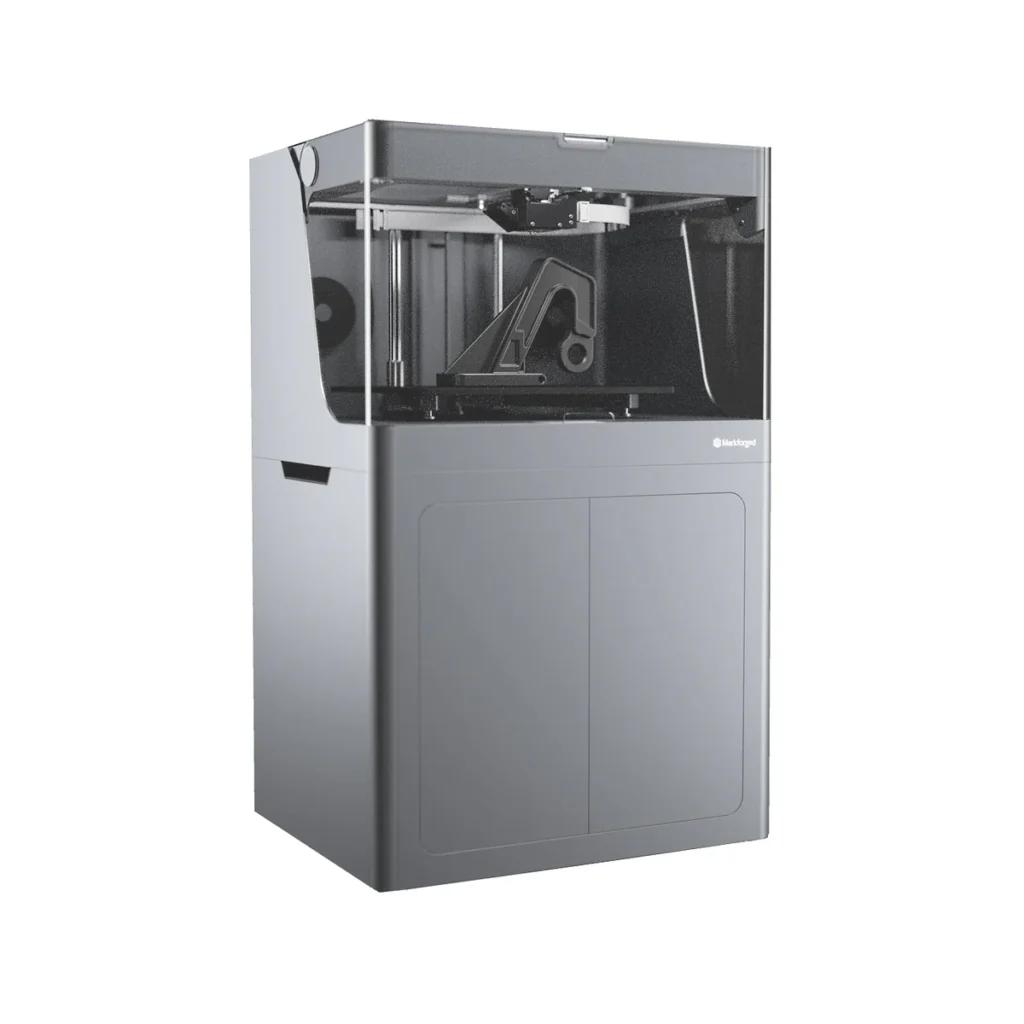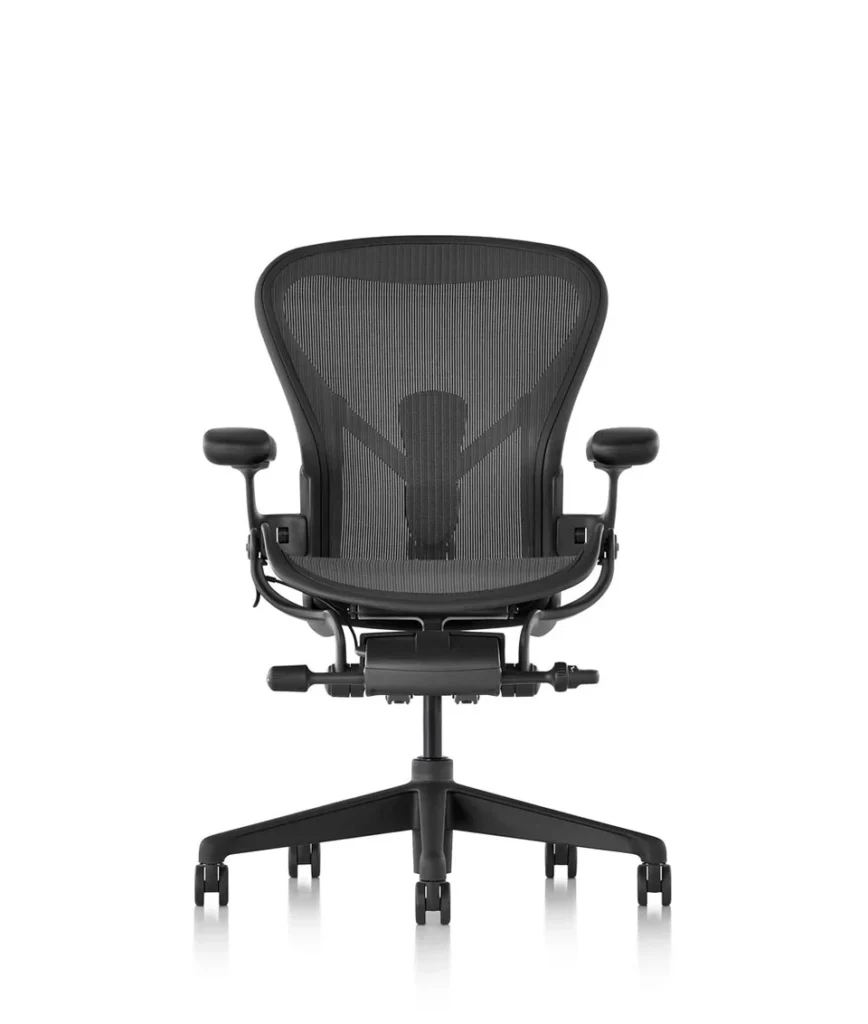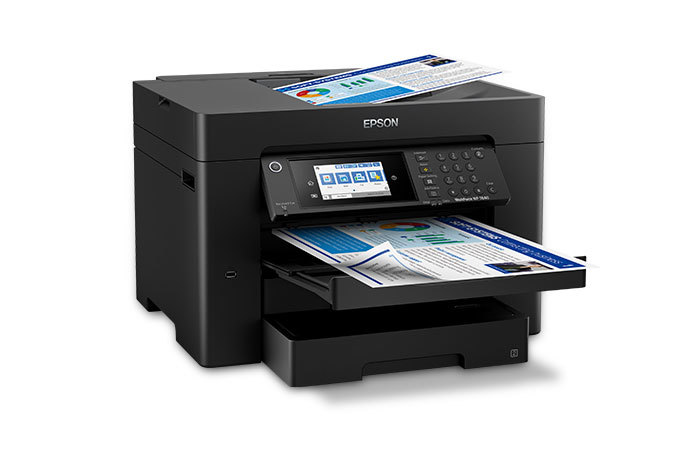The Markforged X7 Industrial 3D Printer is a state-of-the-art additive manufacturing system engineered for producing high-strength, functional components tailored to industrial applications. By integrating advanced technology and robust materials, the X7 is poised to revolutionize manufacturing workflows, particularly in sectors demanding precision and durability.

Design and Build Quality
The Markforged X7 boasts an all-aluminum unibody design, ensuring exceptional stability and durability essential for demanding industrial environments. Its fully enclosed build chamber is optimized for maintaining consistent internal temperatures, a critical factor when printing with high-performance materials like carbon fiber and Kevlar. A precision-machined print bed minimizes warping and supports high dimensional accuracy, making the X7 an excellent choice for industries such as aerospace and automotive, where precision is paramount.
Key Features
Continuous Fiber Reinforcement (CFR)
The standout feature of the X7 is its dual nozzle system, which enables Continuous Fiber Reinforcement. This technology allows users to reinforce Onyx parts with continuous strands of carbon fiber, Kevlar, or fiberglass, creating components with strength comparable to machined aluminum. The resulting parts are lightweight yet robust, ideal for applications requiring superior mechanical properties.
Laser Inspection System
The X7 incorporates an integrated laser micrometer capable of scanning the print bed with 1-micron accuracy. This feature ensures optimal bed adhesion and allows for in-process inspections, significantly enhancing part accuracy and consistency. The precision provided by this system makes the X7 a reliable option for manufacturing mission-critical components.
Eiger Software Integration
Markforged’s cloud-based Eiger software simplifies workflow management with features like automatic version control, real-time fleet management, and cloud-based collaboration. The intuitive platform enables seamless integration into existing operations, allowing users to move from design to production with minimal friction. Its user-friendly interface is a notable advantage for engineering teams.
Material Compatibility
The X7 supports a broad range of materials, making it versatile for various applications.
Plastics
- Onyx: A micro carbon fiber-filled nylon, offering a blend of strength, stiffness, and lightweight properties.
- Onyx FR: Flame-retardant material for applications requiring fire safety compliance.
- Onyx ESD: Electrostatic dissipative material for sensitive electronic environments.
- Nylon White: A standard nylon option for flexibility and resilience.
Fibers
- Carbon Fiber: Provides maximum strength and stiffness.
- Kevlar: Adds flexibility and impact resistance.
- Fiberglass: Offers a cost-effective reinforcement option.
- HSHT Fiberglass: High-strength, high-temperature fiberglass for extreme conditions.
This material versatility allows manufacturers to choose options tailored to specific operational requirements, such as strength, heat resistance, or flexibility.
Performance and Applications
With a build volume of 330 x 270 x 200 mm, the X7 accommodates medium-sized parts suitable for various industrial applications. Its ability to produce components with exceptional tensile strength and dimensional accuracy makes it ideal for the following sectors:
Aerospace
The X7’s lightweight, high-strength parts are perfect for turbine blades, structural brackets, and other aerospace components requiring minimal weight and maximum reliability.
Automotive
From custom jigs and fixtures to end-use parts, the X7’s precision and material versatility meet the rigorous demands of automotive production environments.
Defense
Its capability to produce mission-critical components like lightweight armor panels and durable housings makes the X7 valuable in defense applications.
Oil and Gas
For industries operating in extreme conditions, the X7 can develop custom tools and components that endure high stress and temperature environments.
Pros and Cons
Pros
- High-Strength Parts: Produces components with strength comparable to machined aluminum.
- Material Versatility: Supports a wide range of high-performance plastics and fibers.
- Precision and Reliability: Laser inspection ensures consistent and accurate outputs.
- User-Friendly Software: Eiger simplifies production workflows and enhances operational efficiency.
Cons
- High Initial Investment: The advanced capabilities of the X7 come with a significant upfront cost.
- Complex Setup: Initial calibration and setup may be challenging for inexperienced users.
BroadRock’s Insight: 8/10
The Markforged X7 Industrial 3D Printer excels in delivering high-strength, precise, and versatile components tailored to industrial needs. Its robust features, including Continuous Fiber Reinforcement and advanced software integration, make it a standout choice for sectors like aerospace, automotive, and defense. However, the high initial investment and steep learning curve could deter smaller organizations or those new to industrial 3D printing. Overall, the X7 is a compelling option for enterprises seeking a reliable solution for on-demand manufacturing of durable parts.
Read our Comprehensive Analysis for this product:
Thank you for exploring our review summary. The detailed analysis of this product is available exclusively to paying customers.


